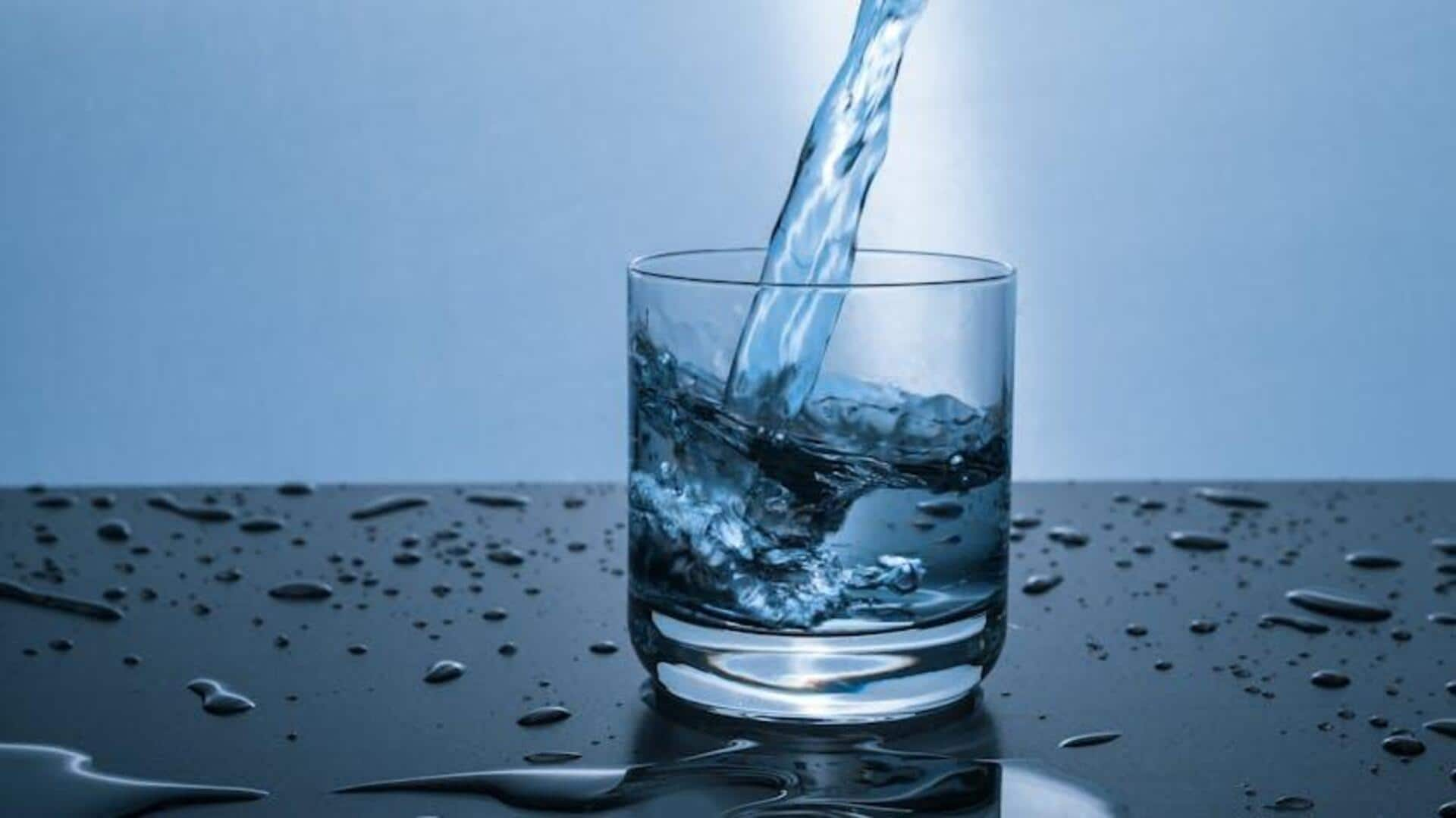
Is cold water bad for digestion? Here's what science says
What's the story
The belief that drinking cold water poses health risks has been circulating for years.
Many people think it can lead to digestive issues, sore throats, or even slow down metabolism. However, these claims often lack scientific backing.
This article aims to explore the myths surrounding cold water consumption and provide insights into its actual effects on the body.
By examining these aspects, we can better understand whether these concerns hold any merit.
Digestion
Cold water and digestion
One of the most common myths is that cold water hinders digestion by solidifying fats in food, making it difficult for the body to break it down.
However, the human body maintains a core temperature of about 37 degrees Celsius (98.6 degrees Fahrenheit), quickly warming any liquid consumed to this level.
So, while cold water may cool your stomach lining momentarily, it doesn't affect digestion much.
Metabolism
Impact on metabolism
Another claim is that drinking cold water slows down metabolism since the body has to use energy to warm it up.
While it's true that your body uses some energy to heat cold liquids, this effect is minimal and unlikely to have a noticeable impact on overall metabolic rate or weight loss efforts.
Sore throats
Sore throats and cold water
Some people believe that drinking cold water can give them sore throats or worsen their throat condition.
In reality, sore throats are mostly caused by viral infections or allergies, not temperature changes from drinks.
While extremely cold drinks may irritate sensitive tissues temporarily in some people, they're not a direct cause of throat problems.
Hydration benefits
Hydration benefits of cold water
Cold water can be more refreshing than room-temperature alternatives for many people, encouraging increased fluid intake and better hydration levels overall.
Proper hydration supports various bodily functions, such as regulating temperature and maintaining healthy skin elasticity, without posing additional health risks when consumed at cooler temperatures.